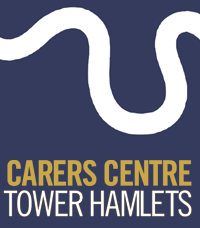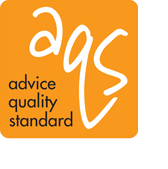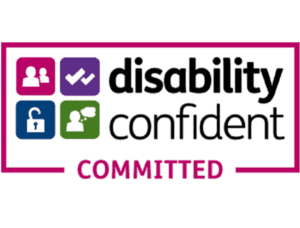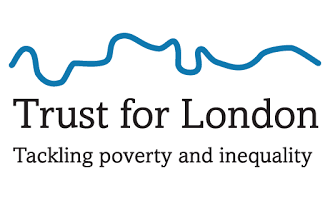Hello Everyone


National News:
Prime Minister’s statement to Parliament on COVID-19 and the Omicron variant
On the 19 January 2022 the Prime Minister give a statement to Parliament on the progress against the Omicron variant and the review of the Plan B measures.
In his statement, he said that today’s latest Office for National Statistics data show clearly that infection levels are falling in England and that scientists believe it is likely that the Omicron wave has now peaked nationally.
He added that hospital admissions have now stabilised, with admissions in London even falling, and that numbers in intensive care are also falling.
As a result, the Prime Minister announced that the country can return to Plan A in England and allow Plan B regulations to expire. From 27 January 2022, mandatory certification will end although organisations can choose to use the NHS Covid Pass voluntarily.
He also confirmed that the government is no longer asking people to work from home and that once regulations lapse, the government will no longer mandate the wearing of face masks anywhere.
He added that from tomorrow (20 January 2022), the government will no longer require face masks in classrooms, and that the Department for Education will shortly remove national guidance on their use in communal areas from 27 January 2022.
He also announced that the government will also ease further restrictions on visits to care homes and will set out plans in the coming days.
He concluded by explaining that the self-isolation regulations will expire on 24 March 2022 and that he would not expect to renew them and could even bring that date forwards if the data allowed it. In advance of that, the government will set out their long-term strategy for living with COVID-19.
This means:
- The government is no longer asking people to work from home
- From 20 January 2022: Face coverings will no longer be advised for staff and pupils in secondary school and college classrooms
- From 27 January 2022: Face coverings will no longer be advised for staff and pupils in communal areas of secondary schools, nor for staff in communal areas of primaries. Directors of Public Health will only be able to recommend pupils and staff wear masks in communal areas in places where there are outbreaks or where the local public health situation justifies it, and with sign-off from the Education Secretary
- From 27 January 2022: There is no longer a legal requirement to wear a face covering. The government suggests that you continue to wear a face covering in crowded and enclosed spaces where you may come into contact with other people you do not normally meet
- From 27 January 2022: Venues and events will no longer be required by law to check visitors’ NHS COVID Pass. The NHS COVID Pass can still be used on a voluntary basis.
Local data update

People tested positive in Tower Hamlets
Cases
Daily: 308
Last 7 days: 2,584. This is down -1,120 (-30.2%) from previous 7 days.
Vaccinations (on 21st January 2022)
1st dose: 171; Total 232,119
2nd dose: 150; Total 206,641
Booster/3rd dose: 781; Total 121,045
% of population aged 12+
1st dose: 66.9%
2nd dose: 59.6%
Booster/3rd dose: 34.9%
MSOA Vaccination rates (19th January 2022)
Deaths within 28 days of positive test in Tower Hamlets (
Daily: 0
Last 7 days: 7
Patients admitted in Barts Health Trust (16 January 2022)
Daily: 27
Last 7 days: 255. This is down -56 (18%) from previous 7 days.
Virus test conducted (21 January 2022)
Daily: 4,336
Last 7 days: 43,957. This is down -10,665 (19.5%) from previous 7 days.
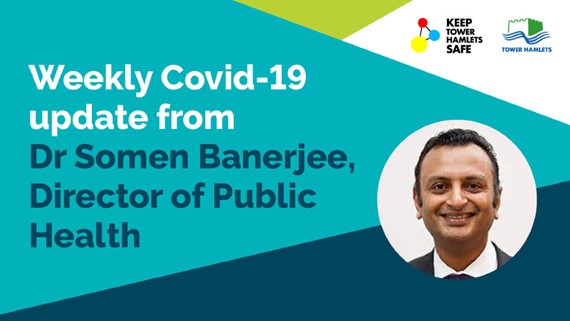
Covid-19 in Tower Hamlets
Read the latest update on Covid-19 from our Director of Public Health, Dr Somen Banerjee, including the end of Plan B measures in England, changes to self-isolation rules, and rates of Covid-19 in the borough.
Read the update >
This Weeks Activities
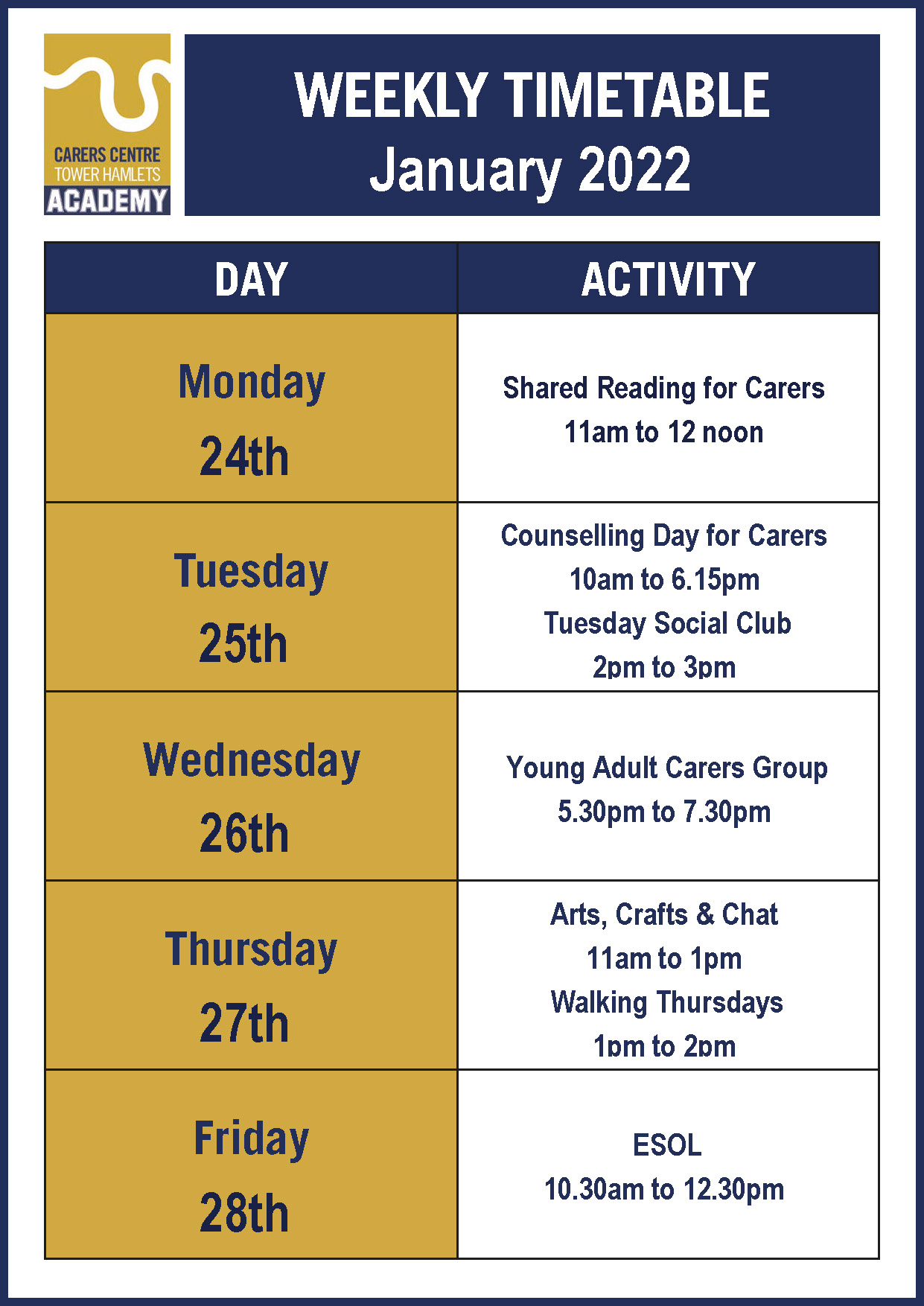

REMINDER – YOU CAN CHECK THE CCTH CALENDAR –
If you want to know what activities are on each day at the centre then check out the CCTH Calendar – https://ccth.org.uk/new/calendar/?cid=mc-03c4653fb809aa02e303ae7a3bb5520a&month=9&yr=2021
Then email me tony@cth.org.uk to book your place.
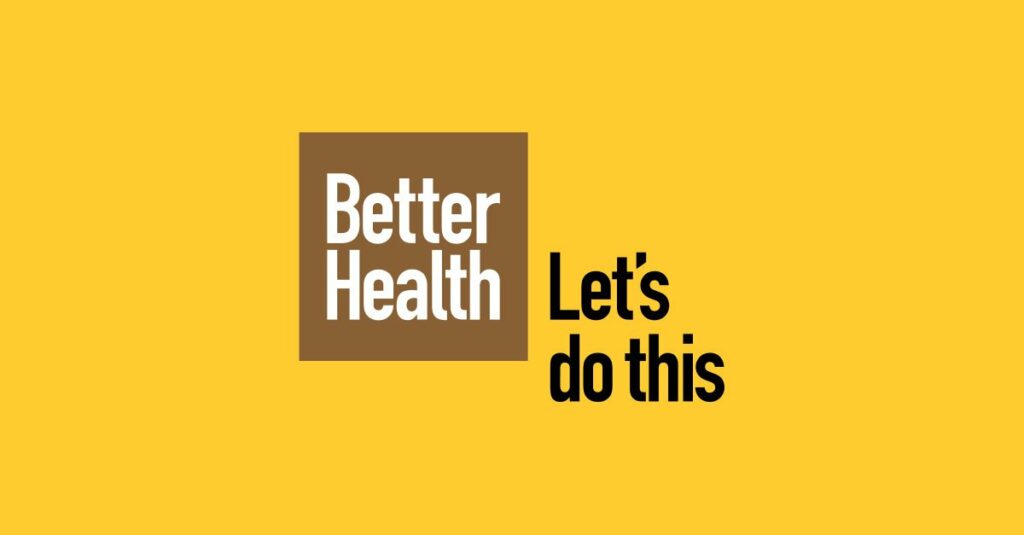
Kickstart your health
Healthy changes start with little changes. Whether you want to lose weight, get active or quit smoking, Better Health is here with lots of free tools and support. You can also find simple ways to lift your mood with Every Mind Matters.
There has never been a better time to kickstart your health. Let’s do this!
https://www.nhs.uk/better-health/
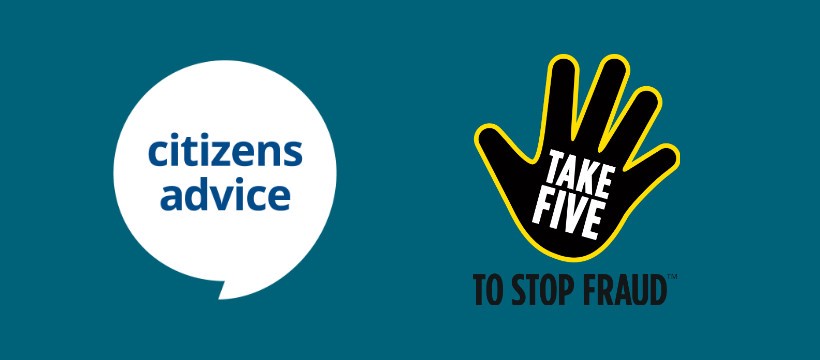
How to protect yourself against scams.
Please check this out
In 2020, criminals stole £1.2 billion from the public.
Fraud and scams can have a devastating impact on their victims both financially and emotionally. And as fraudsters use more and more sophisticated techniques to scam you they can be harder to identify.
We’ve teamed up with Take Five to Stop Fraud to help you identify and protect yourself from scams.
What should I look out for?
Criminals are experts at impersonating people, organisations and the police. Their methods are sophisticated and designed to convince you to part with your personal and financial details. They can pretend to be anyone, including the police, your bank, a delivery company, communication service provider or a government department.
In general, there are two main types of scam — authorised push payment and unauthorised.
An authorised push payment scam is where you’re tricked into sending money directly from your bank account to an account controlled by a fraudster. This could be when someone you’re talking to on an online dating site asks you to send them money or when you’re buying something online and the seller asks you to pay by bank transfer instead of through the site’s secure payment methods.
This type of scam is different to an unauthorised scam, where money is taken from your account without you knowing.
These scams often begin with a phone call, text or email out of the blue. Criminals can use a tactic called ‘spoofing’ to make their call or text appear genuine by cloning the number or sender ID which is displayed on your phone. In some cases criminals even trick you by sending couriers to collect your cards, PINs or valuable items in person.
How can I protect myself?
If you get a request for money or personal details before you do anything you should Stop, Challenge, Protect.
Stop — Taking a moment to stop and think before parting with your money or information could keep you safe.
Challenge — Could it be fake? It’s ok to reject, refuse or ignore any requests. Only criminals will try to rush or panic you.
Protect — Contact your bank immediately if you think you’ve fallen for a scam and report it to Action Fraud.
If you do fall for an online scam, our #ScamsAction service is here to help. We provide free, impartial and confidential one-to-one support on scams. We can help you report the scam and help you understand the next steps. If you’ve lost a significant amount of money or are struggling as a result of being scammed we can also help direct you to other services such as our debt service.
The Citizens Advice #ScamsAction service is here to help. You can contact us over the phone, online or use our online scams helper tool to check if something is a scam.
Take Five to Stop Fraud is a national campaign that offers straight-forward and impartial advice to help everyone protect themselves from preventable financial fraud. This includes email deception and phone-based scams as well as online fraud — particularly where criminals impersonate trusted organisations
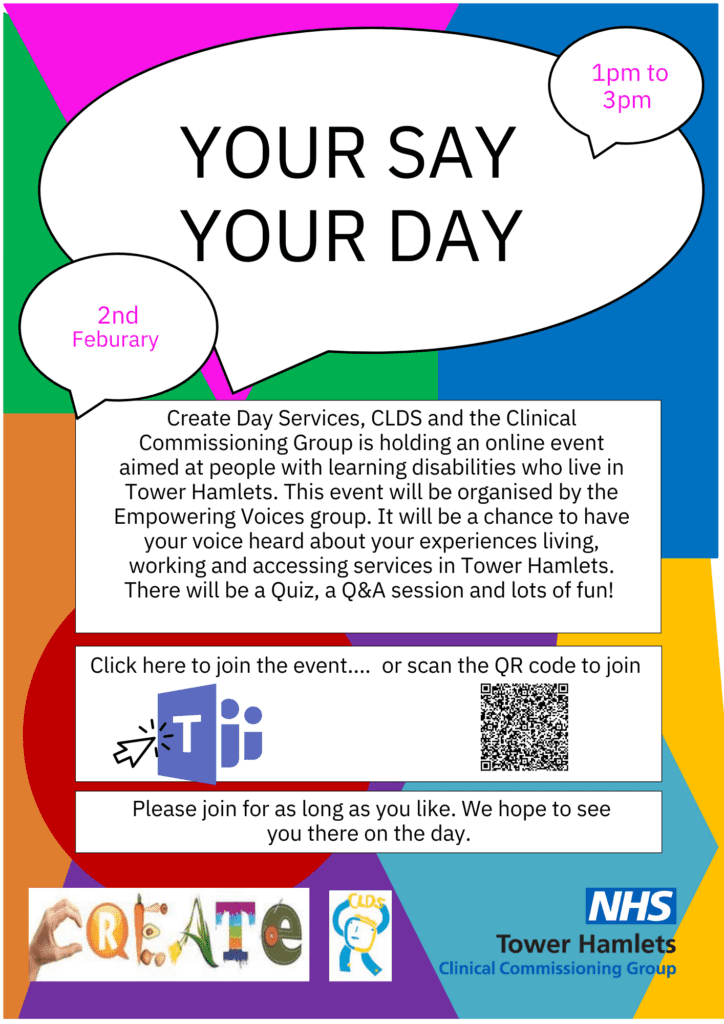
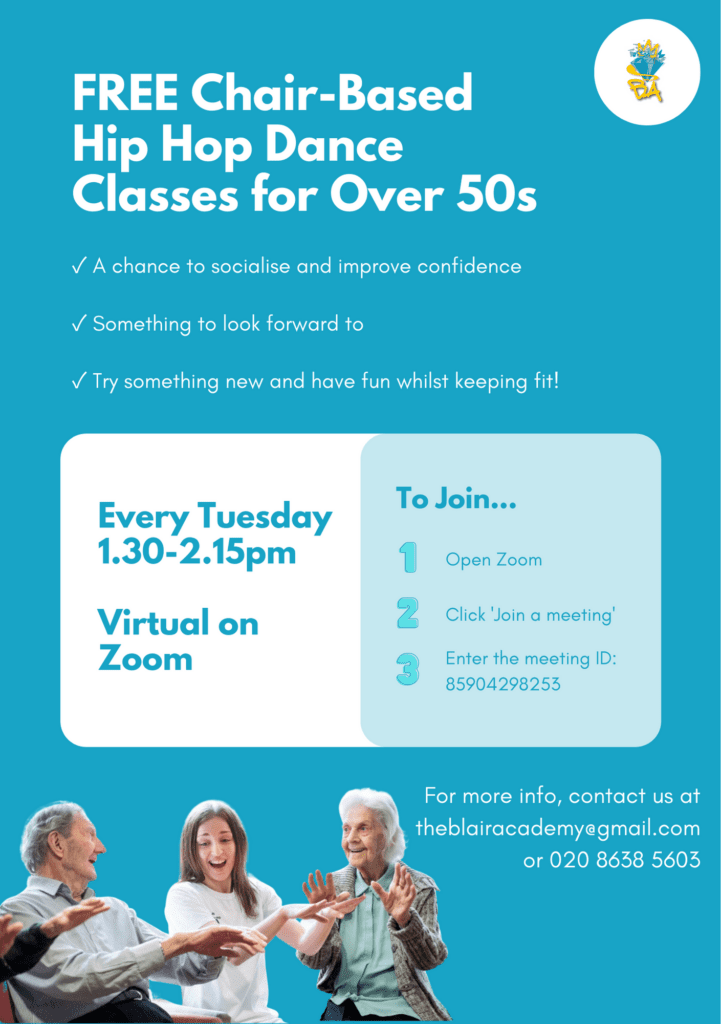
To join just click on the Zoom link below:
Join Zoom Meeting
https://us02web.zoom.us/j/85904298253
Meeting ID: 859 0429 8253
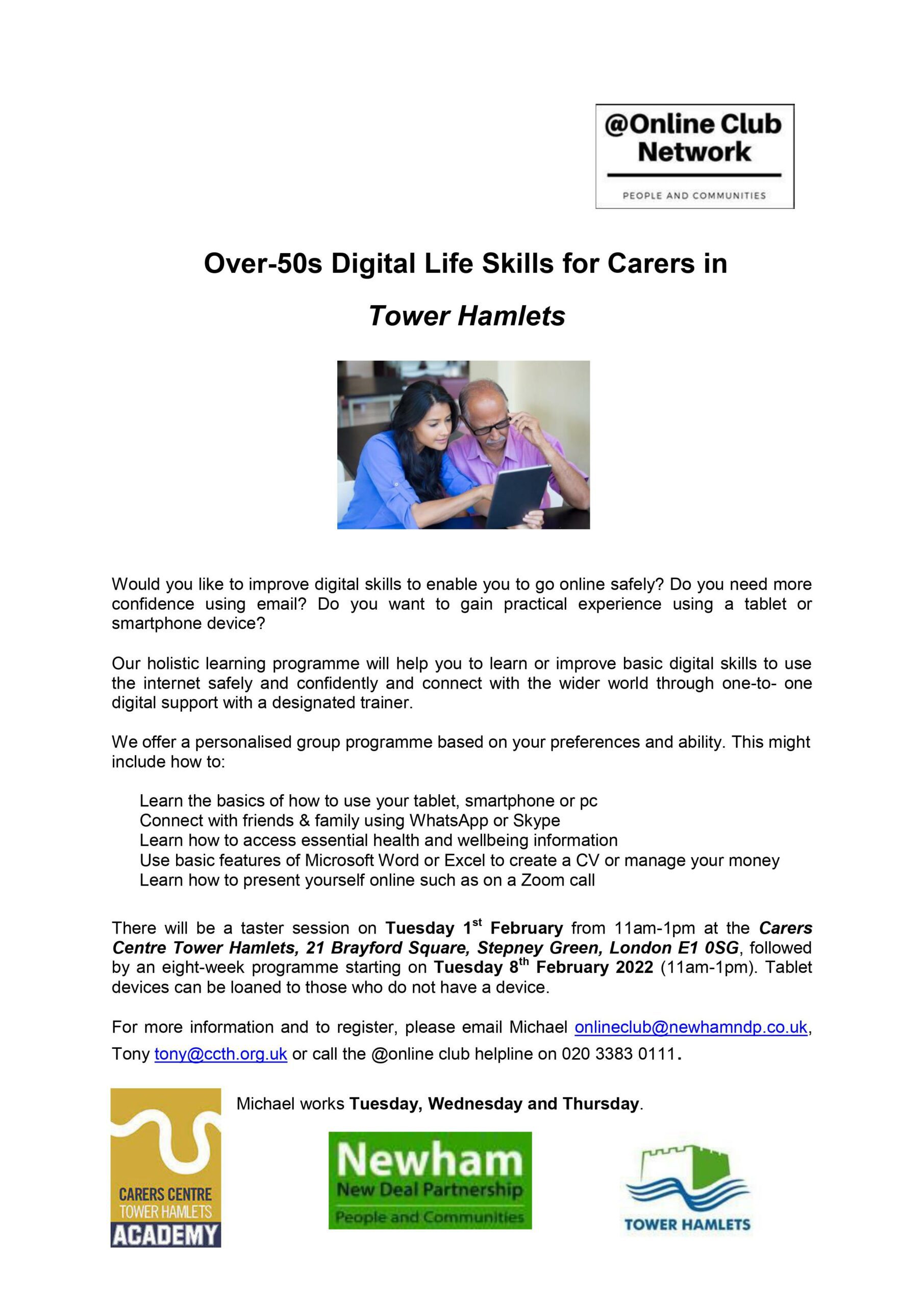

Check out a new free course that has just been launched that focuses on carer wellbeing. It is called ‘Physical activity for health and wellbeing in the caring role’ and has been kindly endorsed by the Carers Trust. The course is 6 hours in length and learners can achieve a ‘badge’ on completion of the end quiz, and this can be added on a CV to evidence their learning/continuous professional development. We hope that it will be helpful to those working with carers, including carer centre staff, those supporting carers less formally and importantly carers themselves!
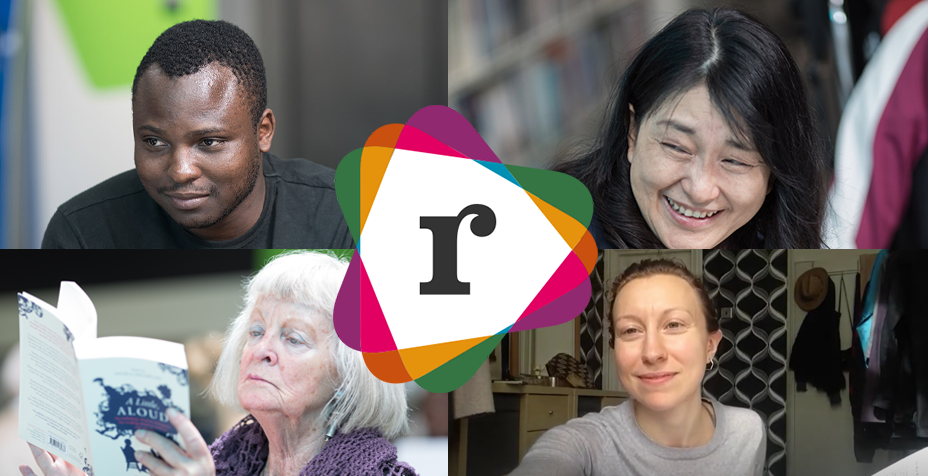
Did You Know we have a weekly Shared Reading Group?
How does it work?
A group of carers, one of them a trained Reader Leader, reads a great novel, short story or poem aloud. We stop and talk about what we have read. There is no need for carers to read aloud or speak – it’s fine to just listen. The idea is to create a space where people feel at ease.
Reading the literature aloud in real-time, means that everyone is involved in a shared, live experience. Carers are encouraged by the Reader Leader to respond personally, sharing feelings, thoughts and memories provoked by the reading.
Everyone experiences the text in their own way, but the literature provides a shared language that can help us to understand ourselves – and others – better.
It can even help with your ESOL needs.
If this is for you then email tony@ccth.org.uk
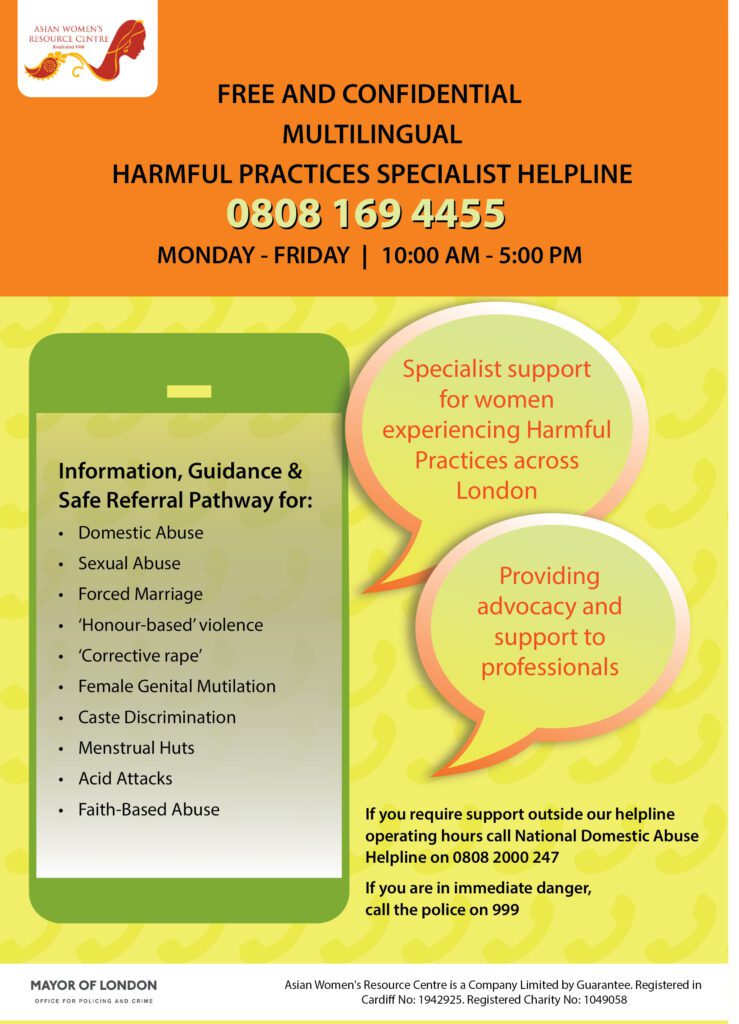
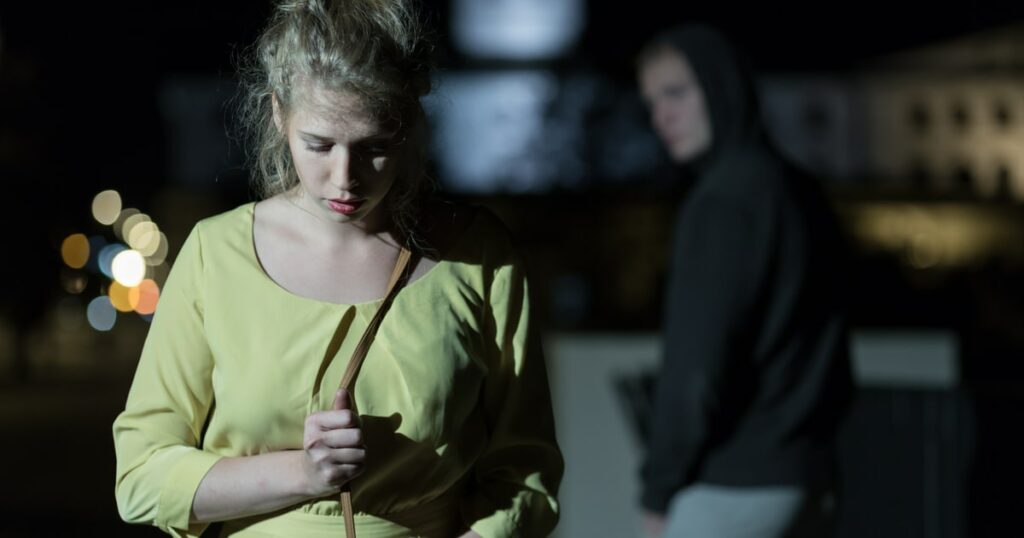
WALKING ALONE? REMEMBER THESE 10 TIPS
1) Plan Your Route
Make sure you plan your route ahead of time. If you are walking in an area you are not familiar with, this can help keep you from getting lost. You will be able to walk with confidence. If you do get lost, don’t wander aimlessly, find a gas station, supermarket, or fast-food restaurant where you can ask for directions.
2) Make Sure Someone Else Knows Your Plans
Don’t go out when it is dark without telling someone, even if you are just taking the dogs out for a walk around your neighbourhood or walking home from a friend’s house nearby. It may seem paranoid, but in fact, knowing someone knows where you are can be reassuring and help you feel safe. If you fall and hurt yourself or run into trouble, and someone knows where you are, they can send help if you don’t arrive at your destination on time.
3) Always Carry Your Phone with You
Always carry your phone, but not for music or to make social calls as your walk. Your phone can be a lifeline if you see something suspicious or worse if something happens to you. Download a safety app on your phone, so you’ll be able to discreetly alert the authorities if you feel threatened or see something suspicious.
4) Avoid Suspicious People and Areas
Areas that are dark, deserted, or out-of-the-way, such as an alley or a parking lot, can be riskier than a well-lit area full of people. Stick to busy, lighted paths, to minimize the risks. Also, walk mainly in familiar places where you are known. That way, if you feel like a suspicious person is following you, you can always duck into a store you know or knock on a neighbour’s door. Avoid empty streets and pathways with thick shrubbery.
5) Keep Your Hands Free
Except for a flashlight and one of the items discussed below, keep your hands free. If you are carrying anything, put it all in one bag or backpack. This will make it easier for you to react if you notice someone following you. In a dangerous situation, carrying too many bags can keep you from moving as quickly as you can if your hands are free or if you only have one bag.
6) Carry a Non-Violent Deterrent
In addition to a flashlight, carry a non-violent deterrent such as a whistle, mace, or pepper spray. A whistle will help you alert others and call them to aid you if something is wrong. The loud noise may put off attackers, and they’ll move on to find someone else. Mace or pepper spray can give you enough time to evade a potential attacker, and in a pinch, a flashlight can be used as a weapon. Make sure you know how to use the mace or pepper spray to get its full effect.
7) Wear Reflective Clothing to Prevent Accidents
When it comes to personal safety, it’s not just about suspicious people. Areas with low visibility can be prone to accidents. Reflective clothing allows bikers and cars to see you as you walk along. A flashlight or headlight can also help drivers see you if there are dark stretches of road on your route.
8) Take a Self-Defence Class
When fighting off something as an assault, the element of surprise can work in your favour. If you regularly walk alone, take a self-defence class. You don’t have to become a black belt. In fact, it’s probably better to learn something like Krav Maga, which has been popular for self-defence. The idea is to disable your attacker enough for you to get to safety, and a class focused on self-defence will help give you those survival skills.
9) Remove Any Distractions
Keep your phone in your hand in case you need to hit the panic button on your safety app, but don’t let it distract you. When walking alone at night for exercise, music can be motivating and energizing but also distracting. You may not hear someone driving or walking up behind you. Avoid wearing headphones or talking on your phone as you walk.
10) Trust Your Gut
When walking alone at night, trust your gut. If you feel like an area or situation may be dangerous, don’t wait around to find out. Stop and scan your surroundings if you think someone is following you. If you are being followed, walk as quickly as you can to a well-lit public place. You can wait until you feel safe, or call a friend, a taxi, or an Uber to help you get safely get home at night.
Following these personal safety tips will help keep you stay safe when walking alone. Always be aware of where you are and alert to suspicious activity.

REMINDER TO CARERS
If you still need PPE for you and your loved one then Tower Hamlets are still providing PPE for Carers.
Collection and delivery is on Wednesday only from Mulberry Place, 5 Clove Crescent, E14 2BG. Carers can call or email Ayeda directly 0n 07366977103 or ayeda@ccth.org.uk to order.

Important Numbers:
Domestic Violence Duty Line: 020 7364 4986 between 9am – 5pm.Victim Support: 020 7364 2448/7957
Just wishing everyone a peaceful, safe and week and remember if you need information and advice from the Carers Centre just email enquiries@ccth.org.uk
Tony Collins-Moore
Carers Academy Manager

Opening hours
Monday - Friday – 9.30am – 5pm
Saturday and Sunday – Closed
